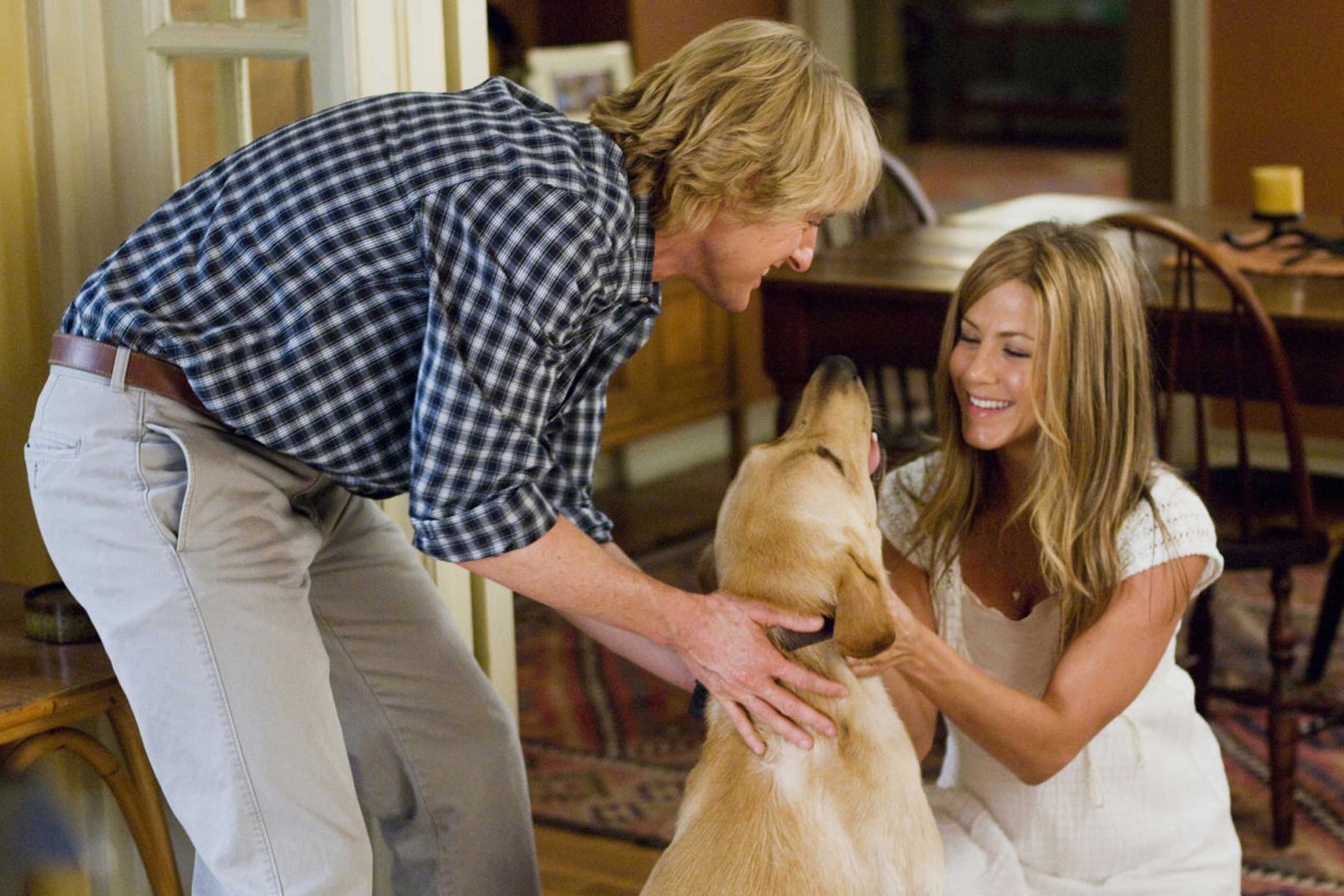The Independent's journalism is supported by our readers. When you purchase through links on our site, we may earn commission.
Dogs will quickly try to comfort owners who are upset, study finds
Canines to the rescue!

Your support helps us to tell the story
From reproductive rights to climate change to Big Tech, The Independent is on the ground when the story is developing. Whether it's investigating the financials of Elon Musk's pro-Trump PAC or producing our latest documentary, 'The A Word', which shines a light on the American women fighting for reproductive rights, we know how important it is to parse out the facts from the messaging.
At such a critical moment in US history, we need reporters on the ground. Your donation allows us to keep sending journalists to speak to both sides of the story.
The Independent is trusted by Americans across the entire political spectrum. And unlike many other quality news outlets, we choose not to lock Americans out of our reporting and analysis with paywalls. We believe quality journalism should be available to everyone, paid for by those who can afford it.
Your support makes all the difference.After a long, hard, stressful day, there’s nothing better for a dog owner than returning home and seeking comfort from your canine pal.
While you may often wonder whether your furry friend genuinely loves you as much as you do them, recent research suggests that dogs clearly demonstrate their affection when their owners are showing visible signs of upset.
Not only can your dog tell when you’re feeling down in the dumps, but they’ll also do everything in their power to make you feel better if so, a new study has found.
The study, which was published in the journal Learning and Behaviour, put a cohort of dogs to the test by placing their owners on the other side of a clear door and having them either hum Twinkle, Twinkle Little Star or cry.
The group of dogs, which included a variety of breeds such as golden retrievers, pugs and labradors, were able to see and hear their owners at all times.
The researchers discovered that the dogs who opened the doors to reach their owners when they’d been crying did so three times faster than the dogs whose owners had been humming.
On top of that, the dogs who came through the door to comfort their weeping owners exhibited lower stress levels, indicating that they didn’t feel too stressed to help their owners when in need.
“We found dogs not only sense what their owners are feeling, [but] if a dog knows a way to help them, they’ll go through barriers to help them,” says Emily Sanford, a graduate student in psychological and brain sciences at Johns Hopkins University and lead author of the study.
“Every dog owner has a story about coming home from a long day, sitting down for a cry and the dog’s right there, licking their face. In a way, this is the science behind that.”
While some of the dogs were quick to spring into action when their owners were seemingly upset, the dogs who showed the most signs of stress were the ones who didn’t try to go through the door at all.
This wasn’t due to lack of caring, but simply not knowing what to do to help, the study stated.
“Dogs have been by the side of humans for tens of thousands of years and they’ve learned to read our social cues,” Sanford says.
“Dog owners can tell that their dogs sense their feelings. Our findings reinforce that idea, and show that, like Lassie, dogs who know their people are in trouble might spring into action.”
The study, which assessed the behaviour of 34 dogs, was inspired by an experience that co-author Julia Meyers-Manor had with her pet.
While playing with her children, Meyers-Manor had begun calling out for help having been “buried” by her children in a pile of pillows.
“My husband didn’t come rescue me, but, within a few seconds, my collie had dug me out of the pillows,” Meyers-Manor, assistant professor of psychology at Ripon College, says.
“I knew that we had to do a study to test that more formally."
Join our commenting forum
Join thought-provoking conversations, follow other Independent readers and see their replies
Comments